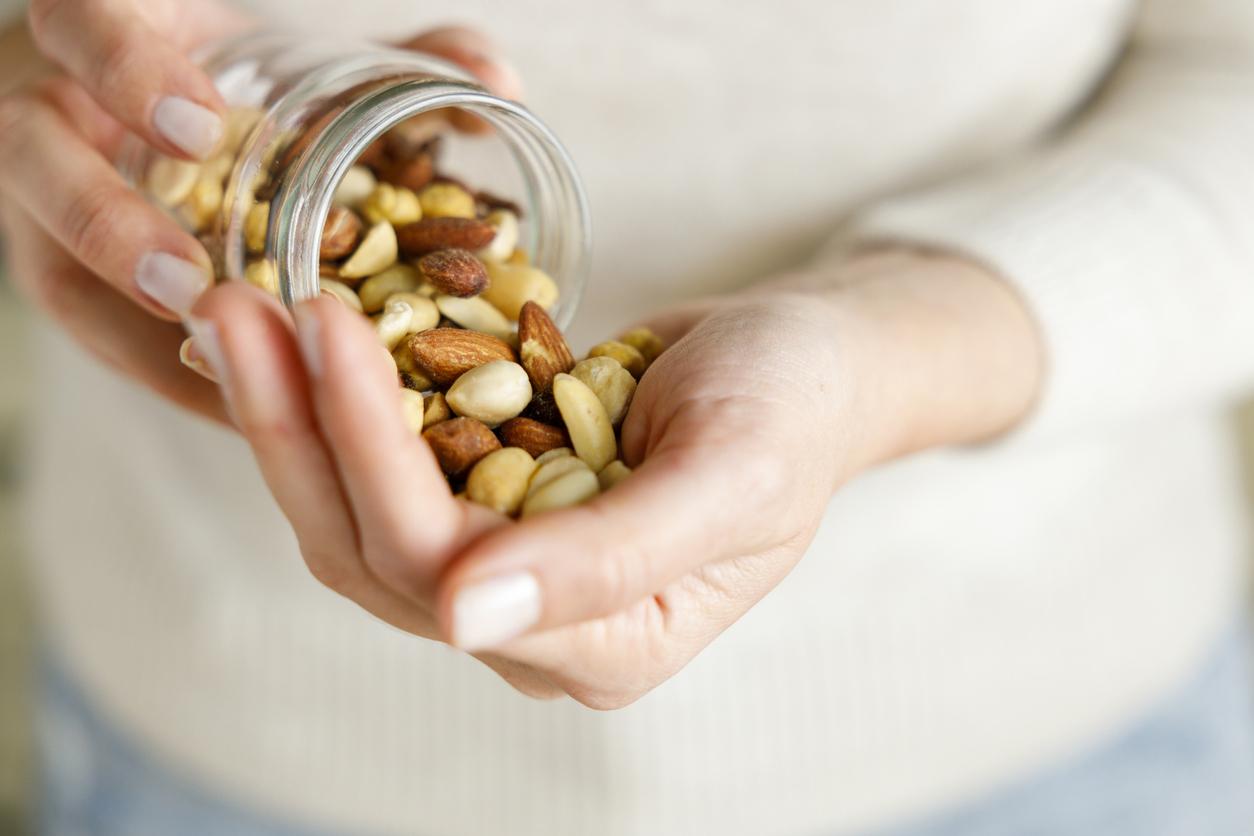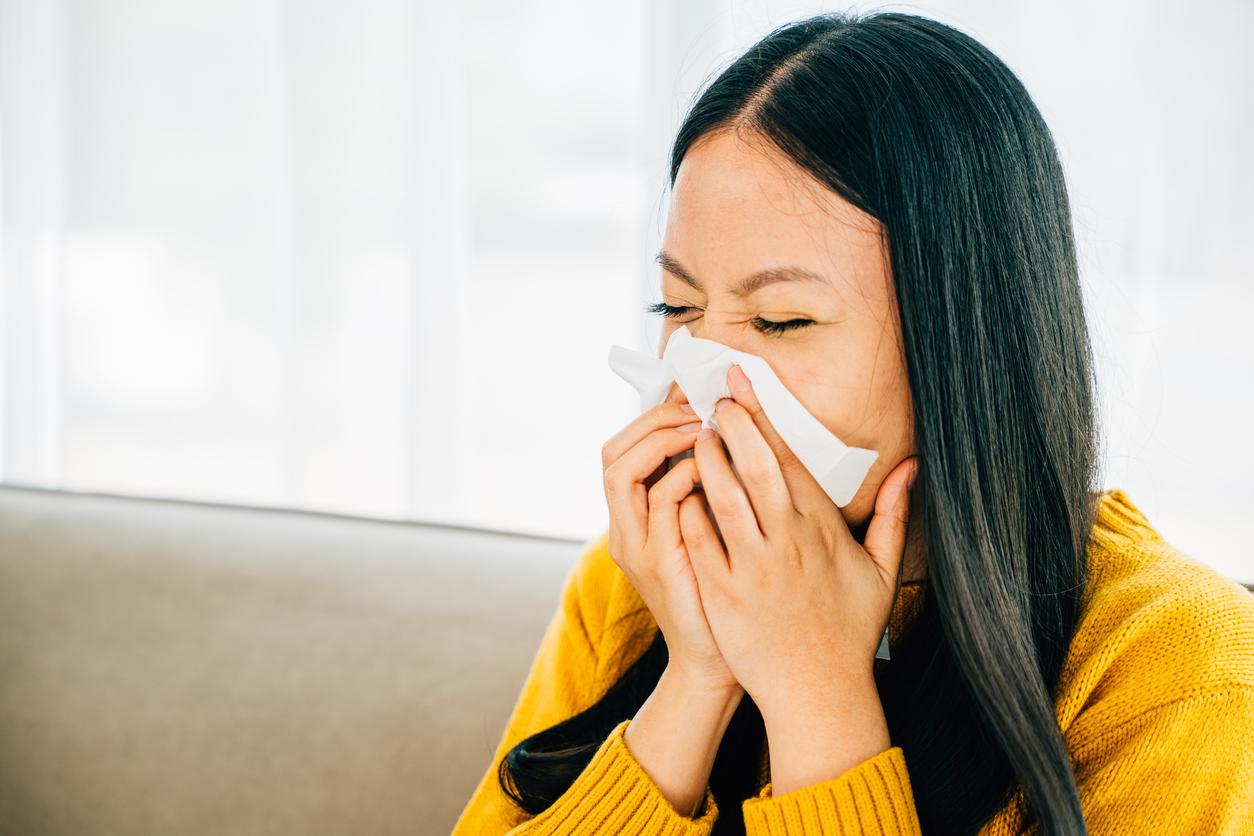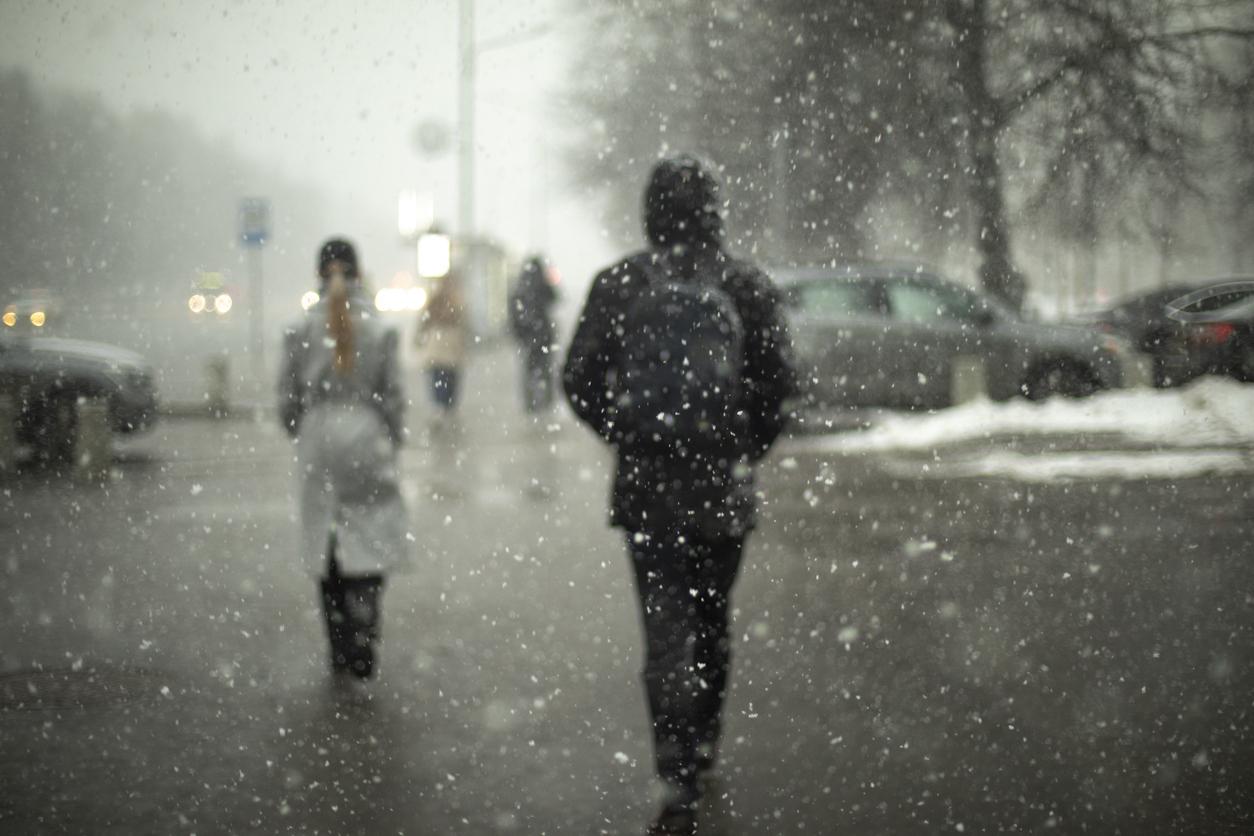
Normally, the allergy season starts when trees begin to pollinate, from March until early fall. However, global warming is upsetting and precipitating the phenomenon, as German researchers have just demonstrated.
Rising temperatures and pollen allergies
It is a fact that awareness of pollen allergens is increasing in most parts of Europe. So much so that we observe a prevalence of allergic rhinitis which already reaches up to 30%. Based on long-term phenological flowering and airborne pollen data (1987-2017) for six stations and seven taxa across Bavaria in Germany, German researchers studied changes in the pollen season to determine the sources of pollen.
According to the results of their work published in the journal Frontiers in Allergy, experts have shown that the pollen season starts earlier and lasts longer because of global warming. According to the researchers, the increase in temperatures observed around the world has an impact on the acceleration of flowering in trees and thus increases the concentration of CO2. In addition, these phenomena greatly contribute to the increase in pollen production. Indeed, Dr Annette Menzel, professor of eco-climatologist at the Technical University of Munich, and her team, have observed that “ hazelnut and alder pollens arrived two days early per year between 1987 and 2017. As for ash and birch pollens, they gained an average of 0.5 days each year “.
Pollen that sometimes comes from afar
Beyond the early arrival of flowering, the researchers also studied the circulation of pollen in Bavaria. As Dr Annette Menzel recalls: “ thepollen is made to fly “. Gold, “ pollen transport has important implications for the length, onset and severity of the allergy season “. The researchers thus realized that 75% of the pollen on the dates of the start of the pollen seasons at the alpine station comes from outside Bavaria, 63% of the pollen in the lowland stations is linked to non-local pollen sources. and even during the main pollen season, and 70% of events may receive additional transported pollen in addition to local sources. In short, pre-season pollen transport was, for researchers, a common phenomenon, observed in two-thirds of cases.
Climatic changes can thus change the movements of species, causing exposure to new pollen. The researchers conclude their work as follows: “ Since pollen transport could provide more pollen, extra pollen at night, exotic species pollen along with other allergens, prolong the local pollen season and make it more variable at the end, further studies to further quantify pollen transport, also for climate change and / or land use and land cover change scenarios are needed “.















